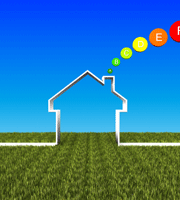How GeoThermal Heating Outperforms Its Competitors
How GeoThermal heating keeps your pool warm despite outside temps.
Today, I’m excited to join Patrick Morse, one of our GeoThermal specialists, as he shares insights from a recent visit to two properties—one equipped with GeoThermal pool heating and the other with air source heat pumps. Despite the chilly morning, Patrick’s observations underscored the superiority of GeoThermal pool heating over air source systems.

 Using geothermal energy to heat a pool is not only much more cost effective than using traditional heat pumps or gas heaters, but it is also much better for the environment. To fully understand the benefits of geothermal pool heaters, you first need to understand a little bit more about how they work.
Using geothermal energy to heat a pool is not only much more cost effective than using traditional heat pumps or gas heaters, but it is also much better for the environment. To fully understand the benefits of geothermal pool heaters, you first need to understand a little bit more about how they work.